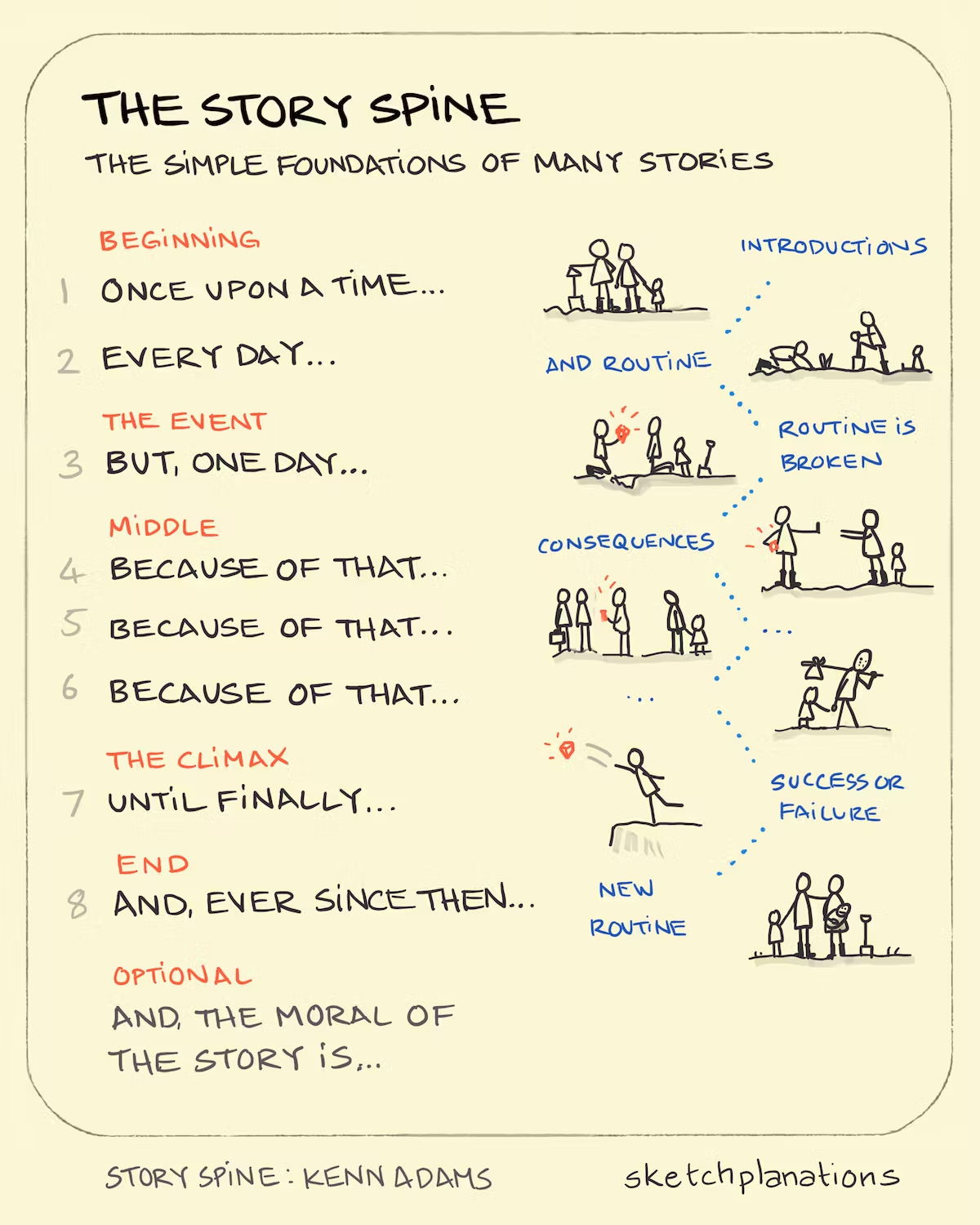A few years back, I fell hook, line and sinker to the temptation of calling myself a storyteller. The aspiration became official and I got myself designated ( fortunately there was no push back from any quarter) as Chief Storyteller at our organisation ISD Global. Little realising the onerous responsibility that I was taking on.
Why Storytelling?
We have been telling stories for as long as we’ve been human–
They are an absolutely essential part of our day-to-day communications.
Storytelling can do wonders for a business such as:-
turn a brand into a legacy,
create a robust marketing strategy,
generate profit and..
win the loyalty and affection of audiences
Storytelling conveys purpose, and..
brands with purpose are the ones that ultimately stand out
and capture consumer’s hearts and wallets.
Filmmaking and storytelling are tweedle dee and the tweedle dum. For years we have been exposed to what is called ” The Hollywood Paradigm ” which translated to films following a default journey of begining with a set up, moving onto conflict and then culminating in a resolution(climax).
At conferences and presentations a lot of us are keen to establish our identity, get our word out and then get onto the core of the matter(if at all)- but, the audience is not that keen to know how great you are but to understand what you can do for them. So, stop falling into the ‘ hero trap ‘.
Aesop’s Fables and our grandma stories were all about begining with ‘ Once upon a time ‘… and ‘ then one fine day ‘.. ‘ because of which ‘… ‘ till such time ‘..’ and ever since then ‘… You see the parallels here. This is what is called the Story Spine.

Storytelling connects us, helps us make sense of the world, and communicates our values and beliefs.
A good story makes us think and feel, and speaks to us in ways that numbers, data, and presentation slides simply can’t.
So, let’s stick our neck out for having some spine in our stories.
ENDS
